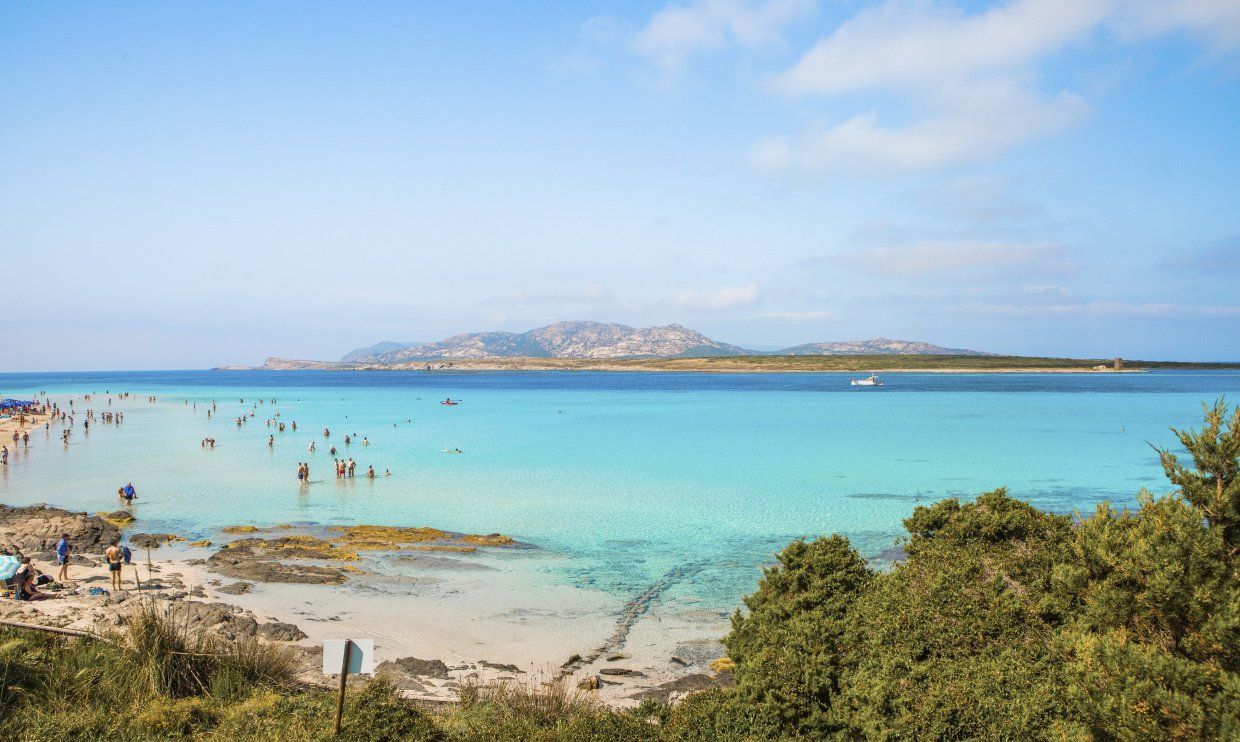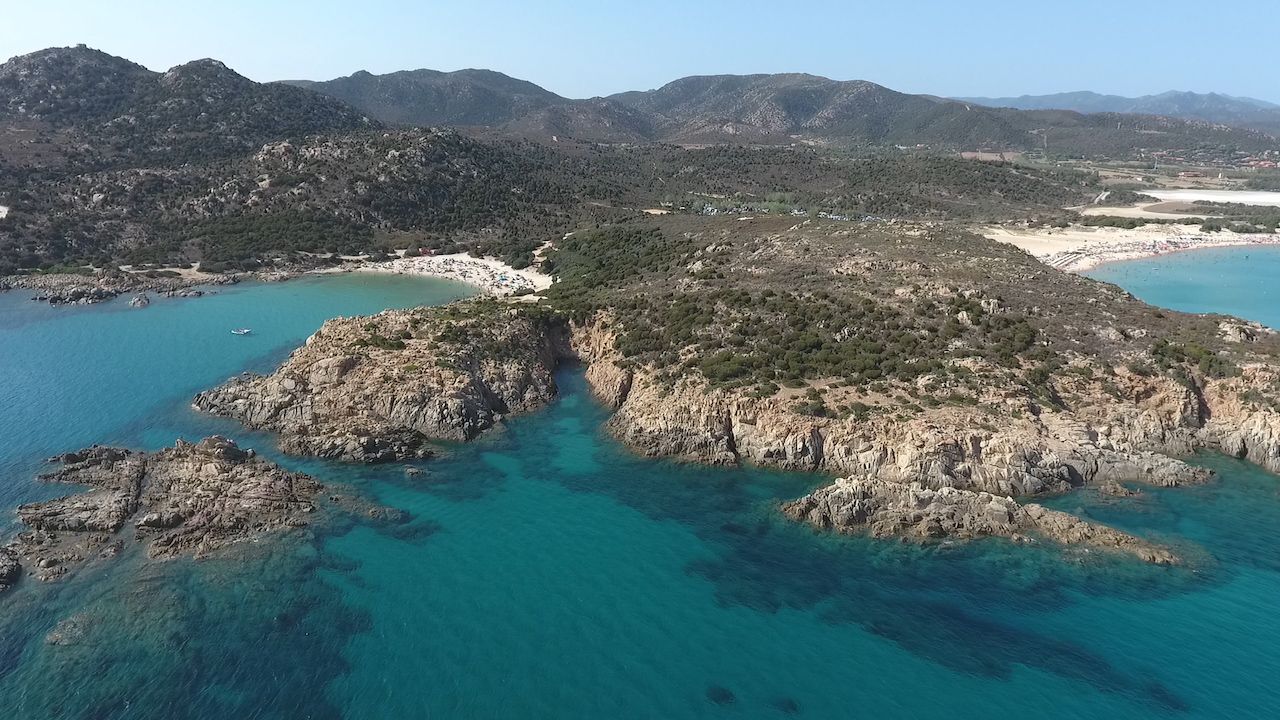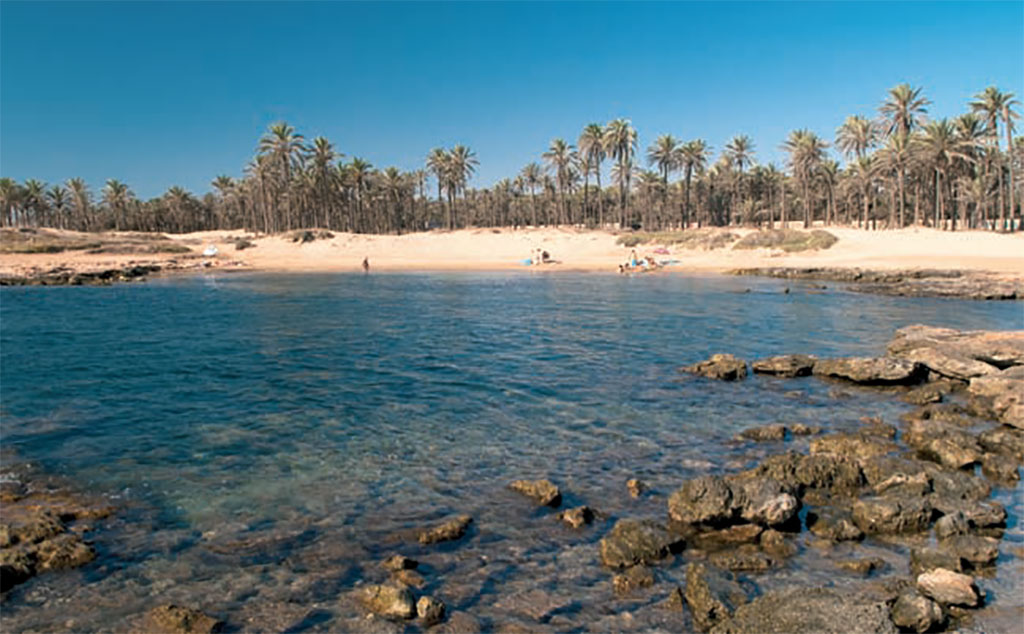

In Plymouth over half the colonists promptly died from starvation. During their first three years in the New World, the Puritans abolished private property and declared all land and produce to be owned in common (a commonwealth). The Puritans implemented a form of Platonic Christian Socialism, which was based upon an ideological synthesis of such influences as 1) Plato’s Republic, 2) a utopian interpretation of the New Testament (especially Acts 2:44-46), 3) a joint-stock agreement between colonial shareholders and the London-based John Peirce & Associates company, 4) a Continental European cultural attitude toward education (acquired during Pilgrim settlement in Holland), and 5) especially close economic and cultural bonds between Boston's elite and the ruling class of England. The Plymouth court of 1752 convicted defendant Joseph Boardman of "unnecessary absence from worship" and "not frequenting the publick worship of God." In short, Puritan salvation was to be achieved through compulsory social engineering of the community, rather than voluntary individual piety. This approach was widespread and long-lasting in Puritan society. If the Church Warden caught any person truant from church services without illness or permissible excuse, the truant was pilloried and the truant's ear was nailed to the wood. Additionally, all colonists were legally required to attend austere Puritan church services. For example, John Cotton, a leading Massachusetts cleric, implemented a law that no man could vote unless he was both a Puritan church member and a property owner (non-Puritans were dispossessed of their private property). In their new home, the Puritans implemented many of the same onerous legal restrictions upon religious liberty that had vexed them while living in England. Modern Massachusetts is much more a reflection of Boston than of Plymouth. The Massachusetts Bay Colony in the modern Boston area eventually came to dominate the economy, politics, legal system, and educational system of the Massachusetts Commonwealth. John Winthrop, a trained lawyer and former government official in England, presided over the Massachusetts Bay Colony. Massachusetts Bay leaders were not elected, but were considered emissaries of God who were not to be second-guessed by commoners. The Massachusetts Bay Colony did not wish to separate from England or the Church of England, but instead advocated internal institutional reform.
Quaqua cala culture professional#
In contrast, the much larger Massachusetts Bay Colony was constituted of more affluent, educated people who identified with high church culture, professional clergy, and English political philosophy. The Plymouth colony had only a small population. They had no professional clergy, their leaders were elected, and their leadership was considered bound by the rules of the Mayflower Compact. Pilgrims wanted to separate from the Church of England. For example, the Plymouth Pilgrims, headed by Governor William Bradford, tended to be of the working class. The Puritan movement (in Massachusetts and elsewhere) had some internal variations based upon theology, geography, local group organization, and colonial culture. The Massachusetts Bay Colony was located where Boston now stands, and along with Plymouth formed the first two colonies of Massachusetts. From about 1630 onward, other Puritans organized the much larger Massachusetts Bay Colony under the auspices of the Massachusetts Bay Company.


Subsequently the Pilgrims sailed to what is now Plymouth, Massachusetts. Puritans believed that all institutions, including government, schools, families, communities, and the Church of England, should be "purified" by cleansing away all cultural characteristics regarded by the Puritans as ungodly.Īfter the Pilgrim Puritans encountered religious persecution in England, they fled to Holland. The Puritan movement denoted a loose collection of religious beliefs, not a particular denominational sect. The Pilgrims who landed at Plymouth, Massachusetts, in 1620, were a small religious group that was part of a larger Puritan movement (the Puritans preferred to describe themselves as "the godly," not as the "Puritans").


 0 kommentar(er)
0 kommentar(er)
